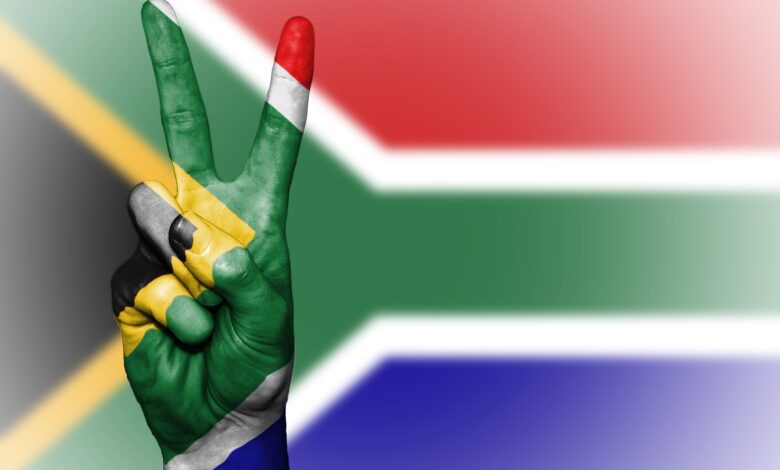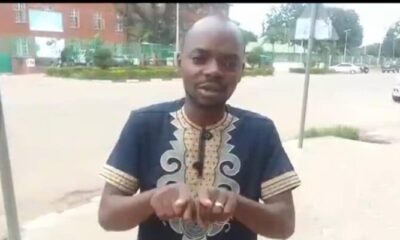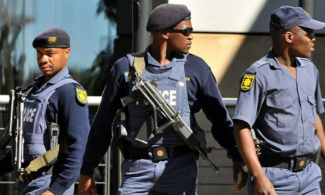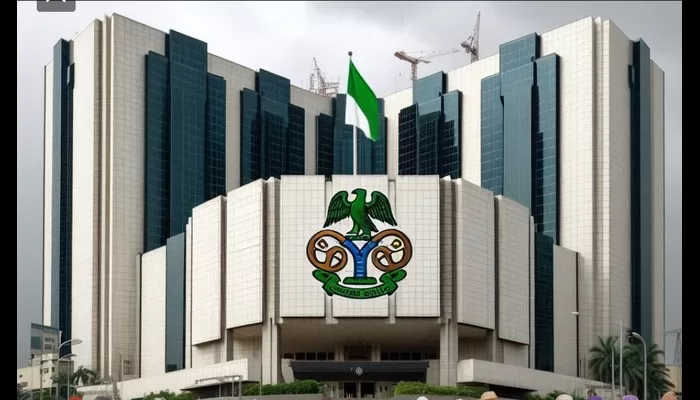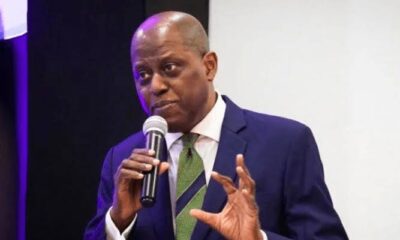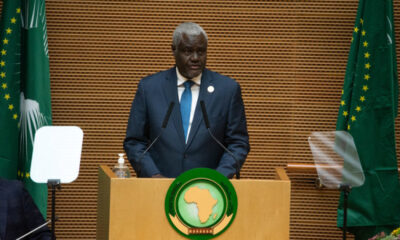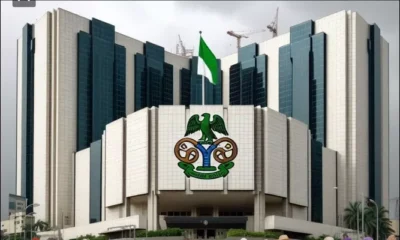The Socio-Economic Rights and Accountability Project, a non-profit organization, BudgIT, and 136 concerned Nigerians have sued the Central Bank of Nigeria “over its failure” to rescind the recently announced controversial cybersecurity levy.
In what was described as an “unlawful circular,” the plaintiffs in the suit number FHC/L/CS/822/2024 filed last Friday at the Federal High Court, Lagos State, asked the court to determine “whether the CBN circular dated 6th May 2024, directing financial institutions to deduct from customers’ accounts a cybersecurity levy is unlawful and therefore ultra vires the CBN.”
SERAP’s Deputy Director, Kolawole Oluwadare, revealed the lawsuit in a statement on Sunday following the apex bank’s circular last Monday, ordering all commercial, merchant, non-interest, and payment service banks in the country to charge a cybersecurity levy on transactions.
“The levy shall be applied at the point of electronic transfer origination, then deducted and remitted by the financial institution. The deducted amount shall be reflected in the customer’s account with the narration, ‘Cybersecurity Levy.” the circular stated.
The announcement of the levy has been greeted with widespread condemnation, leading to President Bola Tinubu asking the CBN to suspend the implementation of the controversial cybersecurity levy policy and order a review; however, the plaintiffs asked the court to determine whether the apex bank’s directive “is not in breach of sections 14(2), 44(1), and 162(1) of the Nigerian Constitution 1999 [as amended], and thus unconstitutional, null, and void.”
They insisted that the “CBN, its office, agents, privies, assigns, or any other persons acting on its instructions from enforcing the circular dated 6th May 2024, pending the hearing and determination of the motion on notice filed contemporaneously in this suit,” be restrained.
The plaintiffs’ lawyer, Ebun-Olu Adegboruwa, SAN, filed the complaint, which stated, in part, that “the CBN circular is unlawful and an outright violation of the provisions of the Nigerian Constitution and the country’s international obligations.”
“Unless the reliefs sought are granted, the CBN will enforce its circular directing banks to deduct from customers’ accounts a cybersecurity levy. Millions of Nigerians with active bank accounts would suffer irreparable damage from the unlawful deduction of cybersecurity levies from their accounts.
“The provisions of the Cybercrimes Act on payment of cybersecurity levy strictly apply only to businesses listed in the Second Schedule to the Act. These provisions do not refer bank customers, contrary to the CBN circular to all banks and other financial institutions.”
Meanwhile, Nigeria’s Vice President, Kashim Shettima, on Saturday allayed fears of citizens over the tax reforms being implemented by the current administration, stressing that the tax reforms are targeted at revitalizing the country’s economy and not to frustrate and impoverish Nigerians.

 Culture2 days ago
Culture2 days ago
 Tech2 days ago
Tech2 days ago
 Behind the News17 hours ago
Behind the News17 hours ago
 Metro2 days ago
Metro2 days ago
